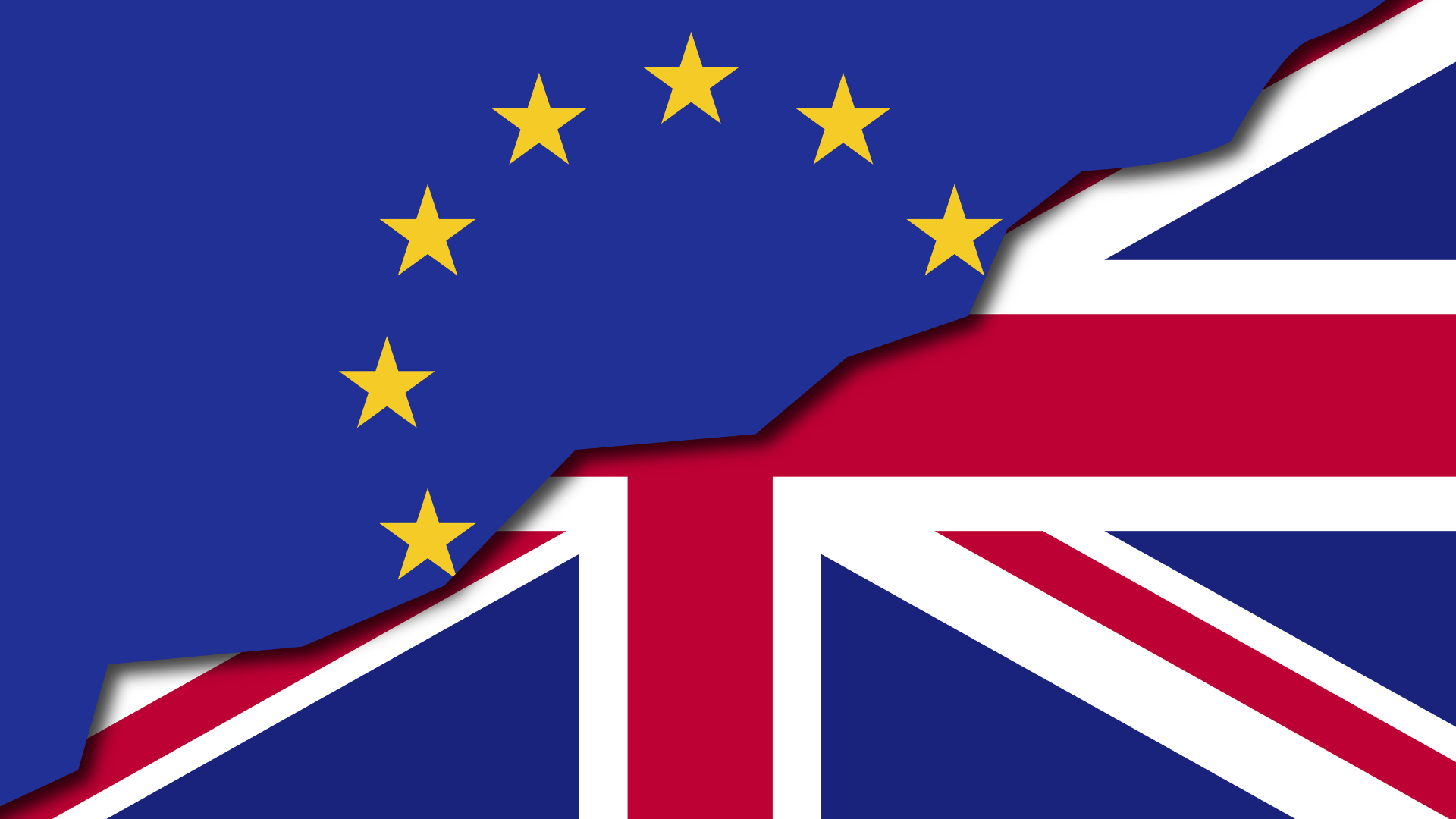
PFAS Services
Per- and polyfluoroalkyl substances (PFAS) are a group of thousands of substances with widespread uses covering several industries. With growing concerns regarding the persistence, bioaccumulation and toxicity of the substances, there is a drive to regulate these substances globally.
At Yordas, our team of experts bring a wealth of knowledge as well as hands-on experience in addressing global PFAS challenges across a range of industries including automotive, aerospace and defence, electronics, cosmetics, pharmaceuticals, consumer products, and many more.
Our experience in managing companies’ PFAS regulatory obligations is evidenced by our successes in a multitude of projects spanning the entire PFAS compliance journey, including tracking and monitoring applicable PFAS regulations, assisting in the identification of PFAS in a company’s product portfolio, and advising on compliance requirements with current and upcoming PFAS regulations (including further steps such as alternatives analysis). This in-depth understanding will bring valuable insight to your projects, making us a trusted partner for solving PFAS-related issues.
Subscribe to our monthly PFAS newsletter
Keep yourself informed and proactive! Subscribe to our monthly PFAS newsletter & access archived updates
How Can We Help?
As we see more and more regulatory action to restrict or ban the use of PFAS, it is imperative to understand and take the necessary steps to reach PFAS regulatory compliance. At Yordas Group, we help clients through this journey (see below)
Our Services
We understand that every client is different and processes within the journey have to be tailored accordingly. This journey includes:
Product Compliance
Regulatory Compliance
Data-driven Solutions
More specifically, we offer the following:
Identification of PFAS in Product Portfolio
Gap Analysis and Filling (including supply chain engagement)
Engagement with Authorities
Scientific Services (including testing)
Alternatives Analysis
Sustainability Services
Global Regulatory Monitoring and Horizon Scanning (including R&D)
Regulatory Advice Services (including regulatory submission)
Audits for Regulatory Compliance
PFAS Scoping Tool
At Yordas, we are continually working to support businesses in navigating the complexities of PFAS regulations and compliance. As part of this effort, we invite you to participate in our PFAS Survey. This will help us better understand your current challenges and needs related to PFAS management.
Meet The Team
Jude Arokianathar Regulatory Consultant, Product Stewardship
Jude Arokianathar joined Yordas Group in 2021 as a Regulatory Consultant following a Ph.D. in Organic Chemistry and an MSci in Pharmaceutical Chemistry. He is part of the Product Stewardship team at Yordas Group, where he works closely with clients from various sectors such as aerospace and defence, automotive, electronics, and consumer products to ensure their compliance with existing and upcoming chemical and environmental legislation.
Jude is a subject-matter expert in PFAS. With his strong scientific and regulatory background, he guides clients through their “PFAS compliance journey”, including global monitoring and tracking of relevant regulatory updates, advising on the scope and implications of these updates, and identifying PFAS contained in products. He has produced several high-impact communications, including articles, fact sheets and presentations on PFAS as well as other substances of concern. Notably, last year, he co-authored a review article in the International Chemical Regulatory and Law Review journal regarding “Global Regulations Around PFAS: The Past, the Present and the Future”.
David Seed Regulatory Consultant, Product Stewardship
David Seed joined Yordas Group in 2023 as a Regulatory Consultant, with previous experience in business insight and a Masters Degree in chemistry. Working as part of the Product Stewardship team, David works with clients from a wide variety of industries, helping to ensure their compliance with the regulatory landscape.
As part of his role at Yordas Group, David closely monitors worldwide PFAS regulations, providing clients with updates on relevant developments, providing specific advice on regulatory queries, and helping to develop Yordas’s capabilities and tools regarding PFAS compliance. His chemical knowledge and work regarding regulatory compliance ensure he is well-placed to advise on the nuances of PFAS and their regulation.
Victoria Wojuade Associate Regulatory Consultant, Product Stewardship
Victoria Wojuade joined Yordas Group in 2023 as an Associate Regulatory Consultant, with previous experience as a consultant in EU REACH including computational and regulatory toxicology, she had her bachelor's degree in the field of Pure and Applied Chemistry and Master's in the Field of Toxicology. Working as part of the Product stewardship team, Victoria works with clients from a variety of industries, ensuring their compliance with regulatory obligations. As part of her role at Yordas Group, Victoria monitors worldwide PFAS regulations, providing clients with updates on relevant developments and providing advice on PFAS regulatory queries. Her chemical knowledge and toxicology expertise placed her at the top edge to advise on PFAS and their regulation worldwide.
Connect With Our Experts
Whether you need assistance with sustainability strategy, regulatory compliance, or environmental impact assessment, our experts are ready to collaborate with you. Get in touch with us today, and let's work together to drive your organisation towards achieving your regulatory goals.













